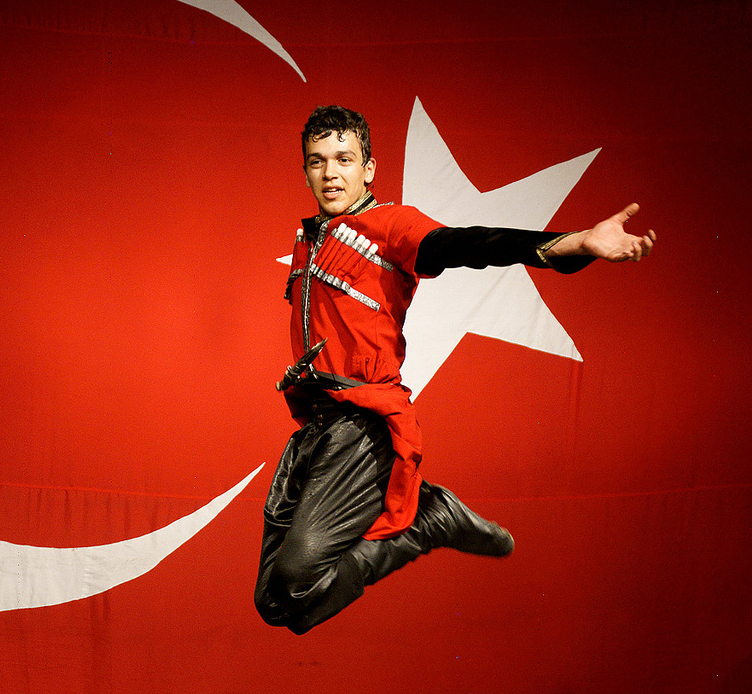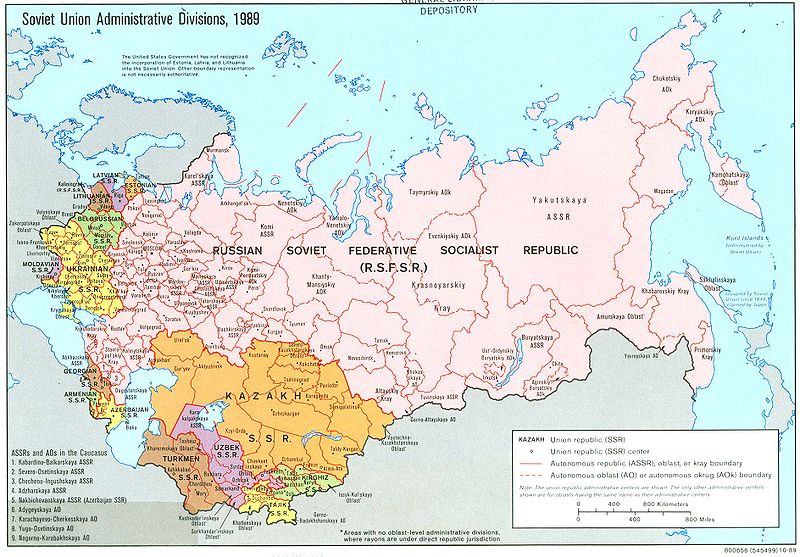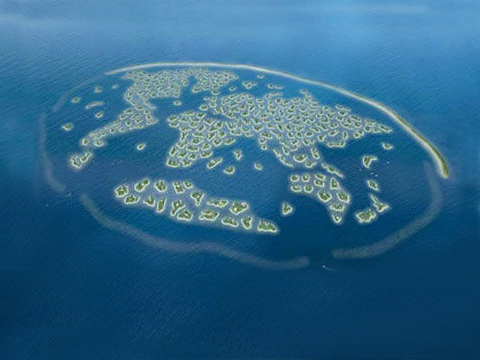
As expressed over the first four weeks of our Editorial Plan, we at the ISN believe that increased global interconnectivity – on the social, economic, political and technological levels – has resulted in fundamental structural changes to the international system. In turn, the problems that arise from this interdependence now often transcend the geopolitical and strategic capabilities of nation-states and demand from us new forms of cooperation and governance. But with no one ultimately and officially in charge, how do we regulate the global commons or manage our financial flows to maximum effect? How should we combat transnational crime and international terrorism, or even ‘fight’ pandemics and climate change? “Leaving things primarily to state sovereignty, anarchy and chance is not a wise response to our new global reality,” Knight et al rightfully observe. But while everyone agrees that we can only address these kinds of problems through cooperation and collective management at a global level, there is a significant debate over just how we should politically organize ourselves to deal with the structural changes we are collectively experiencing.
There are those who believe that normative or rights-based global interdependence and citizenship is a superior organizing principle to political collectivization, which can lead to anti-democratic forms of “outsourced responsibility.” They argue that instead of building transnational political structures and practices, which can potentially be opaque and self-interested, it is better to create a more flexible ‘world society’ of common values. Not surprisingly, opponents of this approach argue that respecting, protecting and building cosmopolitan diversity is all well and good but it is not enough to overcome structural inequality. Only developing and implementing more formal global governance architectures will do that, which means pressing ahead with the “transnationalization” of the world – of its political behaviors and practices, of its economic practices, and of its norms and laws. Their suggestions range from the modest (sovereignty-yielding neoliberal cooperation) to a more comprehensive post-Great Sheriff global system. This week we will mull over the debate between these two types of global interdependence advocates, starting with those who believe global governance is both unavoidable and good. Those who disagree will be our focus later in the week, as will an anticipatory look at global multilateralism, which will be our focus next week.




